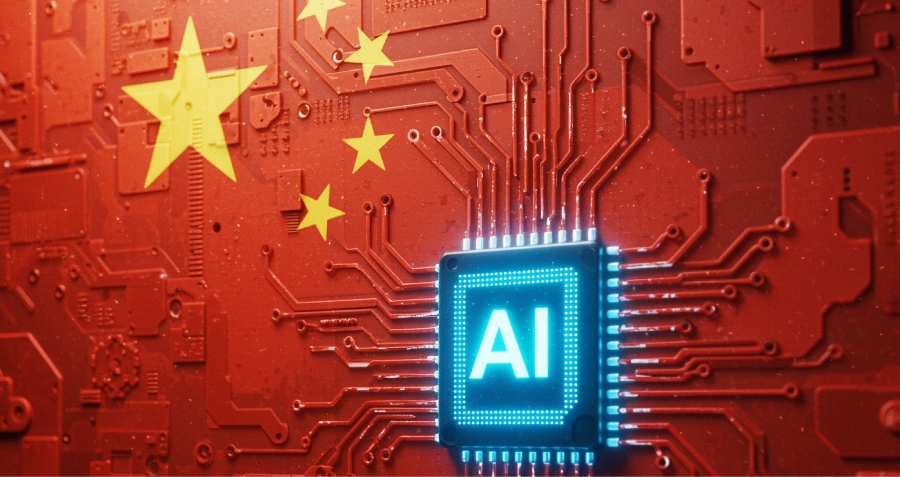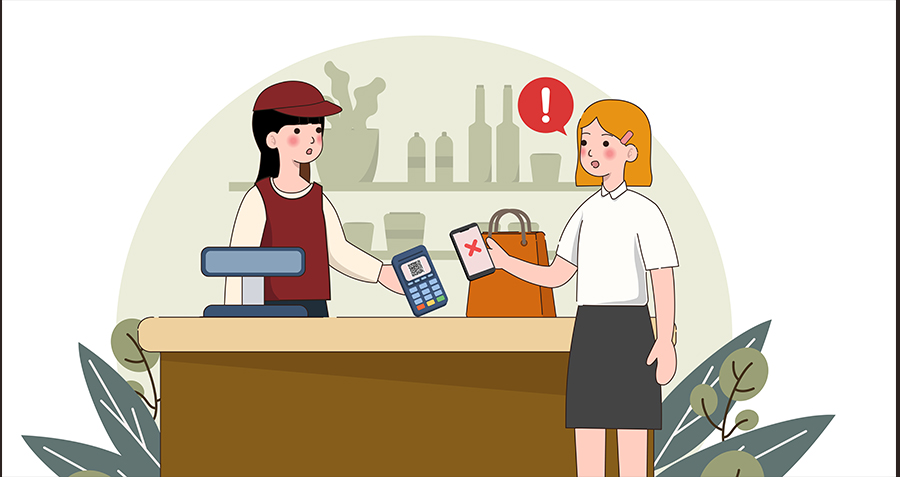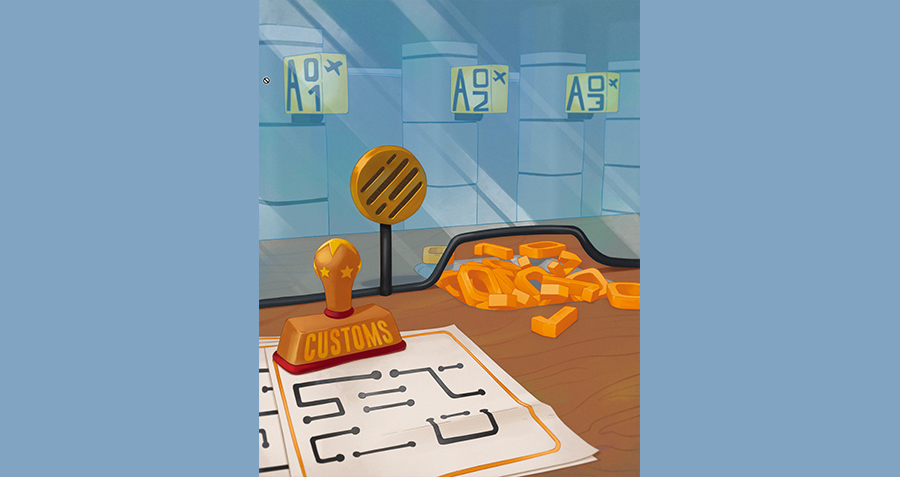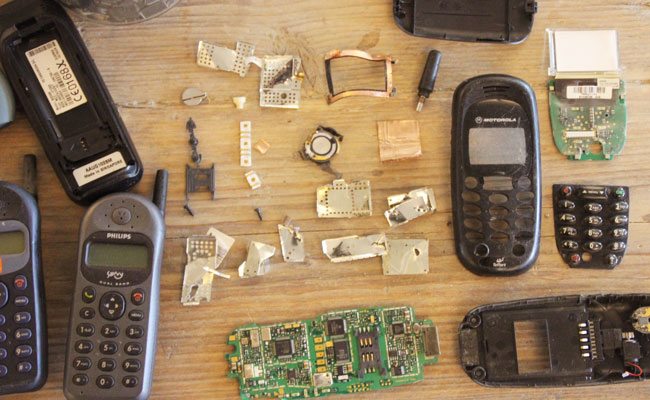
Fairphone, an Amsterdam-headquartered company, is selling phones on the premise that they are made from conflict-free minerals. Is that a compelling proposition for customers?
Food, water, air and shelter. Basic human needs. The list is incomplete though. In today’s world you also need to add to it the mobile phone. We are becoming increasingly reliant on our phones for everything from staying in touch with friends and family to apps that help us manage our lives.
According to the 2014 Mobile Behavior Report, a survey conducted by Salesforce, on average people now spend 3.3 hours on their mobile phones every day. People hanker after the latest phone models, often queuing up in the wee hours of the morning to buy a phone. A smartphone has become something of a style statement.
All said and done, have you ever wondered where your phone comes from?
One clichéd and very obvious answer to the question would likely be ‘China’. As the factory of the world, China is responsible for manufacturing a lot of the things that we use in our daily life, including phones.
But we are asking you to look deeper. Your phone can actually be traced back to multiple countries. Take the most essential part of a mobile phone, the motherboard for example. The majority of the minerals that make up the motherboard’s complex circuits might have come from mines in African countries, such as Democratic Republic of the Congo.
One prickly issues concerning Congo is that of ‘conflict minerals’, minerals that are mined under circumstances where workers are deprived of basic human rights and threatened by armed forces (principally in the Eastern part of Congo). This often creates a vicious cycle: the revenues generated from ‘conflict minerals’ are often invested back again into armaments, further worsening the conflict situation.
In order to put this to an end, the US initiated regulation. One of the provisions of the Dodd-Frank Act, that most of us know as a measure to fix the US financial system post the financial crisis, requires companies to specify if the minerals used in their devices qualify as ‘conflict minerals’ that come from or near the Democratic Republic of Congo.
As a result, some manufacturers simply stopped buying minerals from there to minimize the risks of being accused, even though not all minerals mined there qualify as ‘conflict minerals’. This had a negative impact on the local economy and therefore, did not solve the problem at the root.
Seeing what was going on, Bas van Abel, now the CEO and Founder of Fairphone, decided to design a product which could educate the society: a mobile phone called ‘Fairphone’ which is produced with minimal harm to the environment and people.
Without any major investors, the first model of Fairphone, the Fairphone 1, was launched with the help of crowdfunding. Each unit was priced at 325 euros, nearly half the price of a 16GB iPhone 6S (which sells for 749 euros). Surprisingly within a month’s time, the Fairphone 1 received 10,000 pre-orders, double the initial goal of 5,000. Data from Fairphone’s official website shows that Fariphone has sold 60,000 units so far. But to many people’s disappointment, Fairphone is only available for deliveries across Europe due to reasons such as tariff, insufficient resources and local policies.
Obviously, it would be irrational to compare Fairphone with other players in the industry. From the financial perspective, the company hasn’t broken even yet because it reinvested all the margins generated from Fairphone 1 sales in Fairphone 2, which is expected to be in the market soon. However, the harsh truth is that to survive in the real world, a company needs to be able to sustain itself.
So can a company be socially responsible and also be successful?
Poking fun at this question, the Amsterdam-based company includes a little card in every phone package that they deliver: in that they call themselves ‘Failphone’. It is a real issue that Fairphone is facing. Although a great number of consumers are willing to spend a little extra on the fair trade coffee they have every day, how many of them are willing to spend a large sum of money on ‘fair phones’ instead of the very aspirational iPhones?

It is still too soon to draw a conclusion on this.
In an interview with CKGSB Knowledge, Mulan Mu, Project Manager of Fairphone, explains what the company has in mind, how it is planning to realize its vision and the challenges ahead.
Q. What is the idea behind setting up Fairphone?
A. In the beginning, Fairphone was not a company but a campaign. It was established as a company in 2013 with a focus on ‘conflict minerals’. Many minerals come from Africa. In many of the African countries, especially the Democratic Republic of Congo, due to the economic and political instability, the profits from mining are often looted by armed groups and used in local conflicts. That’s how it got the name.
Conflict minerals include four types of minerals: gold ore, tin, tantalum and tungsten. These four types of minerals are commonly used in household white goods. Almost every electronic appliance we use contains at least one of the four types of minerals.
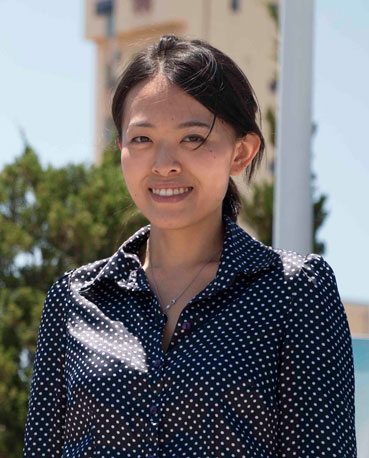
Not only Fairphone, many other international communities also noticed this issue. The US drafted an Act named Dodd-Frank. The Dodd-Frank Act requires that all electronics entering the US must not have minerals sourced from ‘conflict mineral’ areas. As a result, many manufacturers in order to avoid violating the Act stopped buying minerals from those areas, even though not all minerals mined from these regions are ‘conflict minerals’. This had a negative impact on the local economy.
When Fairphone looked at the issue, what interested us the most was: first, how can we convey the message to the consumers that conflict minerals are ubiquitous in the products we use? Second, how to teach companies to take initiatives to change rather than bypass the existing issues?
But during the campaign, Bas van Abel, Founder and CEO of Fairphone, felt that the campaign was not impactful enough. He decided to create a product which uses minerals sourced from conflict mineral zones but are not ‘conflict minerals’. Besides, with an actual product, we can tell the story better.
When it comes to manufacturing a phone, many derivative issues might arise as well, such as labor. Fairphone as a brand also emphasizes protecting the basic rights of workers. However, this sometimes casts a negative impact because if you monitor the factory on one hand and then keep creating pressure with orders on the other hand, factories might take some radical measures to avoid the problems.
Our aim is to spot the fundamental reasons causing the problems through the assessment we had with the factories and then solve the problems in joint effort. We hope that through collaborating with the factories, we can find a solution for a sustainable development for the factories.
Q. Given how complicated our world is and how complex our supply chains are, what gives you confidence to say that what you offer is indeed “fair”?
A. When finding a vendor, the first thing we do is make sure that this vendor shares the same value as we do. It spares us from the efforts involved in convincing the vendor. All we have to do is to act together. I personally will also visit the factories and communicate with the management board directly, followed by communications with other shareholders.
One of the most important things at work here is trust. Our goal is to build trust, to let them know that we’re not here to only use them, but to be mutually beneficial. Fairphone is concentrating on the communication with vendors.
Some manufacturers find us voluntarily, but unfortunately these are mostly overseas companies’ China operations.
We are still very small in terms of scale. We only have around 40 employees. We are not saying that Fairphone is the most “fair” phone or it is a “fair” phone. What we are doing is to propel fairer actions via Fairphone.
Q. What about the other end—e-waste and how a lot of discarded electronics end up polluting the planet? What is Fairphone doing with regard to that?
A. E-waste itself is a big issue, and in addition to that, we believe that e-waste hasn’t been recycled properly. A commonly practiced method to recycle the minerals is to burn the motherboard, which pollutes the air as well as the land. In the African country of Ghana (where e-waste have already been shipped to), most e-waste is not recycled correctly. So how can we help them to relocate the e-waste to places where they can be effectively recycled?
First of all, we have a foundation which re-purchases the e-wastes sent to Ghana and then sends to places better equipped to recycle them. Second, we are planning a long-term project to help local people get the knowhow of dissecting mobile phones.
As of used phones, some Fariphone 1 users asked us: “Can I mail my old phone to you so you can recycle it for me?” Our answer to it usually is “Yes, you could, but we don’t suggest you to do so, considering the carbon emission that may happen during the mailing process.”
Q. How do you keep abreast with technology and functionality changes in the smartphone industry, things that are so attractive to the consumer? Do you find it challenging to do that while still maintaining the ethical dimension?
A. The word “Fairphone” sounds a lot like “Failphone”, a failed phone. While selling the Fairphone 1, we had a card joking about it. One side of the card says: “Fairphone”, and the other side says: “Failphone”. It is true that Fairphone is not as good as other mobile phones in terms of functionality, but this is also where we are striving for an improvement. For example, an essential part of a mobile phone’s performance is its operating system. For Fairphone 1, we now have all the source code and materials related to software and operating system. Hence, we are now capable of improving and updating the phone. We have been constantly updating the Fairphone 1 system to guarantee a smooth user experience.
Another way to understand the “fairness” in Fairphone is that once you own the phone, you should be able to make your own decisions on how to use the phone. For example, if the users have the knowhow, they can change the operating system themselves. We hope to offer users an open platform, both in software and hardware.
When it comes to hardware, Fairphone is dissectible, which enables user to repair and change parts in their will. If your screen is broken, then you can simply order a replacement from us and change it at home.
Q. How do you reach out to people who might be potential customers of “Fairphone”?
A. Mostly by sending out messages on social media platforms and our own website. Additionally, it might be due to the innovative concept of Fairphone, we get a lot of media coverage which helps us with marketing to some extent. Advertising is not really in line with our model. Fairphone is not trying to be the most avant-garde mobile phone. What we are striving for is to tell a story via a phone. If marketed aggressively, we might gain the attention from customers who don’t completely understand what Fairphone’s mission is and they will feel disappointed by our product. We are carefully scrutinizing our sales channels because we are not trying to be the No.1 seller in the market, but just conveying a message.
Fairphone users are marketers for us too. When they have a Fairphone in their hands, people will notice that the phone looks different from other branded phones and they will ask what phone it is. So Fairphone users will also tell our story to them. Fairphone users are our best salespersons.
Q. Do you think China is a good market for Fairphone?
A. China is of great potential, but we’re not in China yet because we don’t have the sufficient resources. Another reason why we think so highly of China is also because the phones are manufactured here. We have a supply chain here. We have many factory workers working for us here. They represent the market we’d like to explore.








